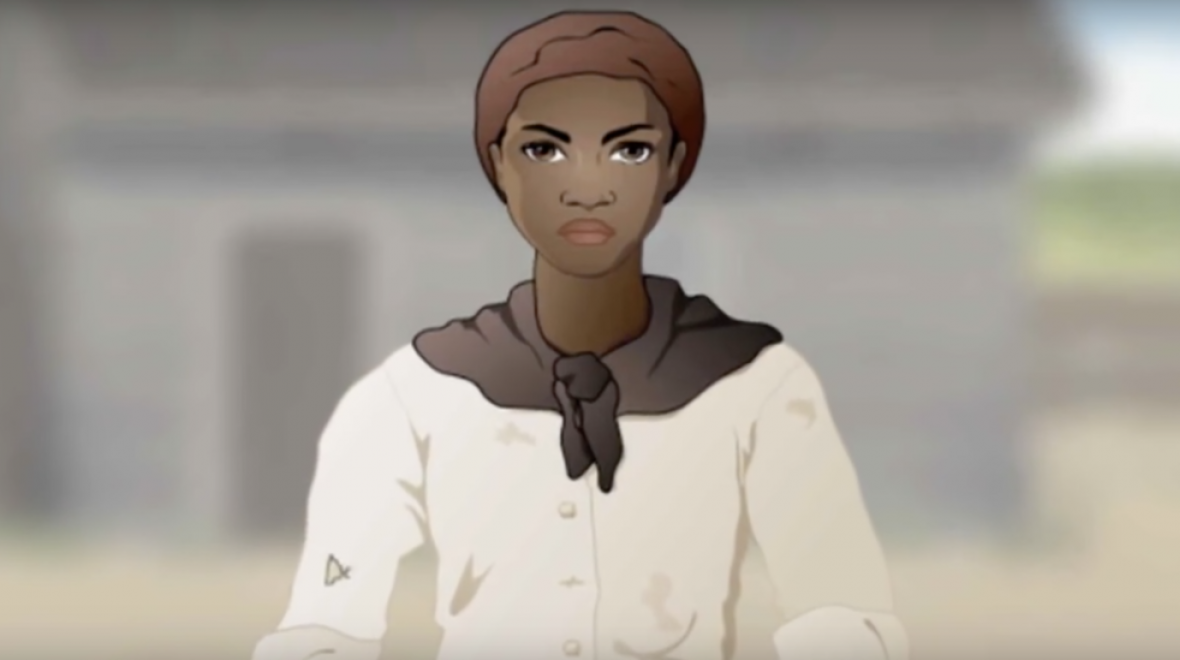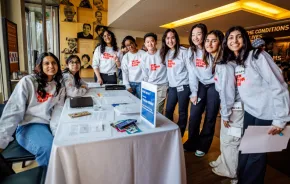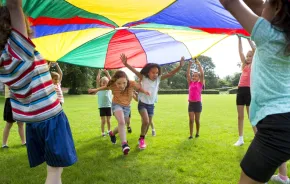
Photo:
YouTube
A Black father is outraged after finding out that his son’s seventh-grade class was given a unique assignment: playing a video game about slavery.
“I found out about it last week, when my son told me what happens in the game," Arizona father De'Lon Brooks told USA Today. "I was just like, 'No. Not at all. That's not going to work.'”
The game, “Mission US: Flight to Freedom,” is a choose-your-own-adventure style video game. Children play as Lucy, a 14-year-old slave living on a Kentucky plantation. The game requires players to guide Lucy around the plantation as she goes about her daily life: she must perform her work to the satisfaction of the overseer, and interact with her master’s daughter and other slaves on the plantation.
I was just like, 'No. Not at all. That's not going to work.'
Many scenarios have multiple options depending on how you want Lucy to act. She can obey the mistress and the overseer, or she can subtly disobey them by tailoring the young mistress’s dress so that it is low cut or haphazardly arranging the firewood in the smokehouse. The smokehouse will burn down and Lucy will be blamed (and potentially whipped) or she can choose to run away with Henry, another slave on the plantation who was recently whipped — presumably from running away before.
Even though the game is marketed to middle and high schoolers, not young kids, games like these fail to teach the complexities of slavery and the potentially deadly consequences of trying to escape to freedom. Yes, it teaches kids that every action has a consequence, but surely there are better ways to instill that lesson than by reducing Black history to a game.
Surely there are better ways to instill that lesson than by reducing Black history to a game.
This isn’t the only questionable game produced by Mission US. The game manufacturer also offers a similar game called “A Cheyenne Odyssey” where students play as 12-year-old Little Fox, a member of the Cheyenne tribe. He has to help protect his tribe when white settlers move into their space and begin hunting the tribe’s buffalo and taking all of their resources. Based on the preview of the game, members of the tribe speak like an old TV western: There's no way to know if the creators of the game actually spoke to any members of the tribe, but it doesn’t sound like it.
According to the Mission US website, these games were created to help children gain “historical empathy” by putting them into the shoes of a child around their age going through these moments in history. Creating historical empathy and a deeper understanding of the plights of marginalized people in America is incredibly important for children. But there are good ways to do it, and this isn’t one of them.
By giving the children choices to make on behalf of these characters, they are giving them the perception that these children had the option to make choices in real life. Our children can see the real life and real time ways these plights worked out in modern day America. They don’t need to play a slavery game to understand the incredible impact slavery had on Black Americans. They can read their stories in their own words.
If parents and teachers want to teach kids about America’s troubled past, there are plenty of quality resources available. This is just one list of books about slavery, but it’s comprehensive and unflinchingly honest. It’s more difficult to find resources for Native American works, but the works of writer Sherman Alexie are a great place to start.











